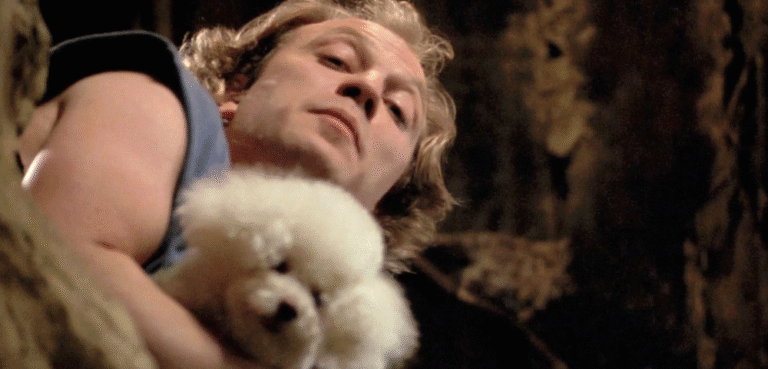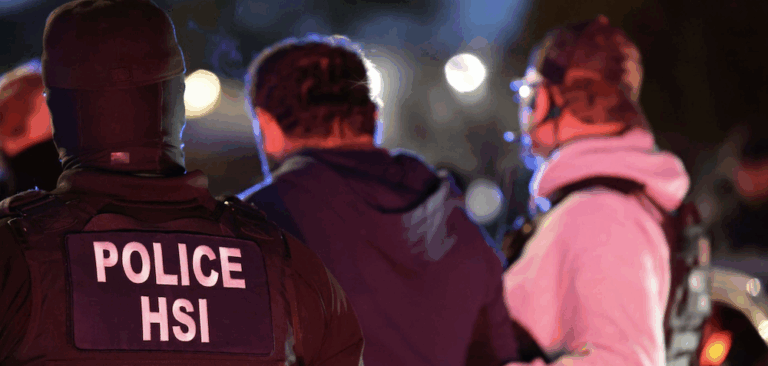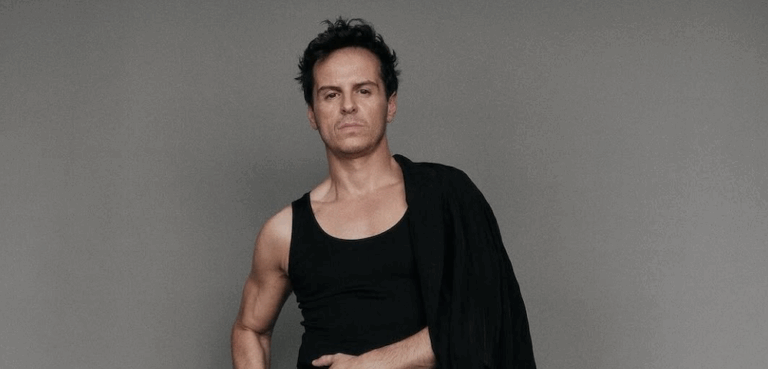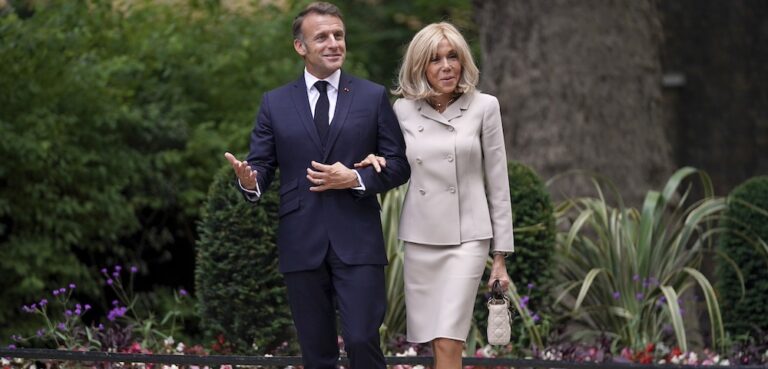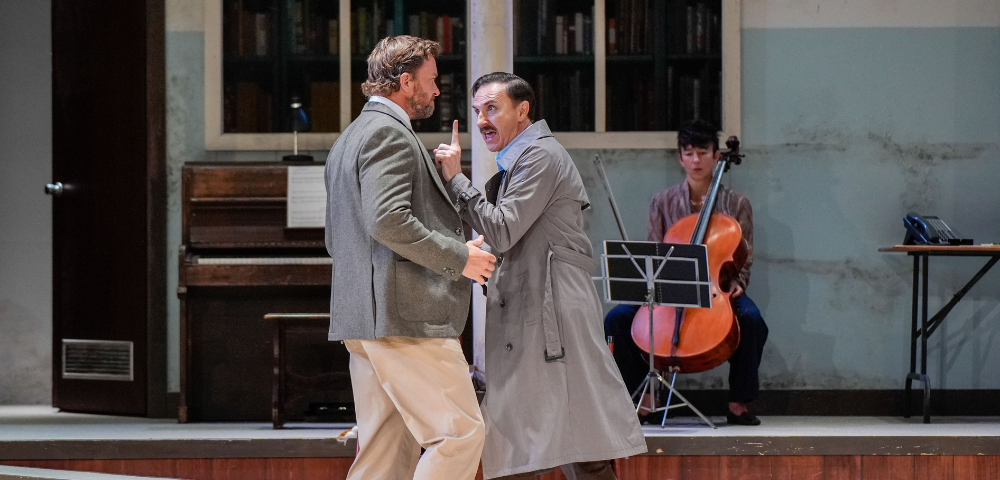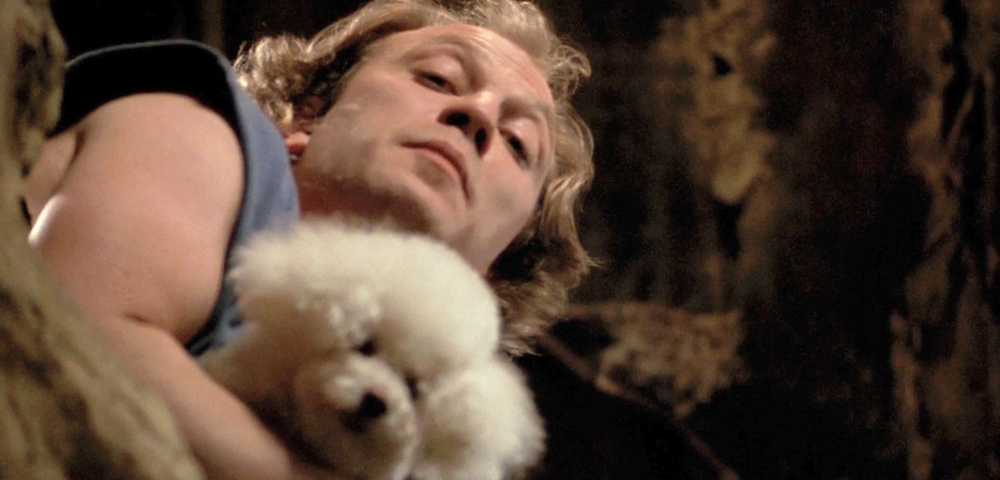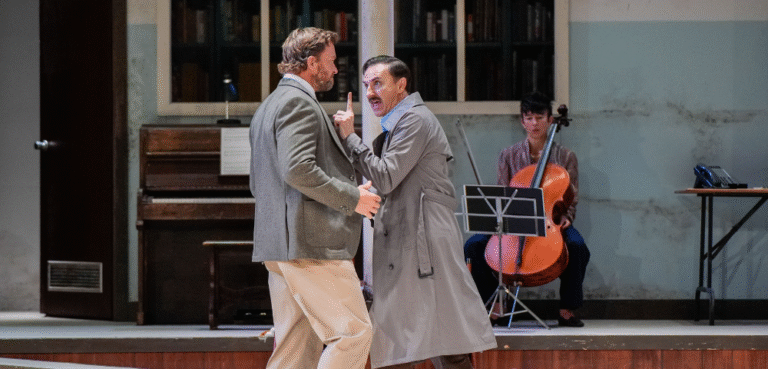
Coming out as gay, HIV positive and trans*

FOR many in the LGBTI community, coming out is often fraught with emotion, trauma and discrimination.
It can result in the loss of close relationships, career prospects, livelihoods and in worst-case scenarios, lives.
Coming out can also happen more than once — each to varying degrees of acceptance or intolerance.
This is the experience of Nikki McLennan — a young trans*, HIV-positive woman living in Brisbane.
She has come out three times: first as a gay man, then as trans*, and finally as HIV-positive. Two of those experiences resulted in intolerance and fear from her family — and the very community she relied on for support.
Growing up in the NSW regional centre of Grafton with five sisters was a trying time in Nikki’s early life. From an early age, she knew she was different.
“Those feelings of being different had been there since I was a few years old as most trans* people experience,” she said.
“But of course, during childhood my feelings were dismissed.”
Not being completely aware of what she was experiencing in regards to her gender until much later in life, Nikki was at least aware her sexuality was not like other boys around her age.
However, homosexuality was not completely alien to her large family.
“It changes coming from a very large family. You can have a bit of everything. My parents were more conservative than not but that usually comes from living in a country town,” she said.
“A lot of people around their age came from big families and you’d hear every now and then people from those families coming out as gay. So they had some experience with hearing about LGBTI people that they knew but I was the first person in our family to come out.
“Generally speaking, my mother and the rest of my family were able to accept my homosexuality.”
However, coming out as trans* to her family was a completely different story.
Nikki recalled she had been on the receiving end of debates over whether she really was trans*.
“With numerous family members there have been arguments around the subject of being transgendered. It was a completely different experience for me and unfortunately much more negative,” she said.
“Some said they didn’t believe I was transgendered because they told me there haven’t been any signs indicating that I was having issues with my gender.”
Many also believed she made a choice to be trans*.
“It’s definitely not. It’s a core part of who I am and I can’t change it. I have to be true to myself,” Nikki said.

After coming out a second time, Nikki then went through the experience of many in her family not wanting to be associated with her.
“Some are embarrassed to have to explain it to anyone else in the community, their family and friends. They don’t want to be known as being related to a trans* person,” Nikki said.
“I’ve received some negative reactions from my young nieces and nephews. Some have issues and others have accepted it. It’s always up and down.”
When asked about coming out initially as a gay man and later a trans* woman, Nikki said she had always been attracted to men but it was just the issue of her gender that took her a while to fully comprehend and accept.
“When I came out as a gay man I knew I wasn’t being honest about my true gender,” she said.
“I had to deal with a few issues surrounding my sexuality and gender before I could fully come to terms with who I really was and be public about it.
“But people confuse gender and sexuality and aren’t aware that as genders change, the fluid nature of sexuality can change as well. Many transgendered people have married, transitioned and continued to live on in a same-sex relationship.
“There are people I’ve talked to who are transitioning and still aren’t sure which sex they’re attracted to.”
If coming out twice was not enough of a challenge, Nikki then had to go through a third phase after she was diagnosed as HIV-positive about four years ago as a result of self-confessed “risky sexual behaviour” while she was still living her life as a man.
Not wanting to play a victim of homophobia, Nikki said that it was through her own actions that she came in contact with HIV during a tough time.
“Many people who go through depression and anxiety resort to risk-taking behaviours to help deal with their pain,” she said.
“I was going through my own mental problems that weren’t the result of homophobia.”
However, Nikki said many within the trans* community experienced mental anguish and trauma as a result of transphobia. She saw a link between that and the influence it has on trans* people, which can lead to risk-taking behaviour that may result in contracting HIV.
“That can very much be the case. The trans* community is currently at the stage that the gay community was about 20—30 years ago in terms of the high levels of hatred and fear directed towards them,” Nikki said.
“While things have gotten better to an extent for the wider gay and lesbian community, trans* people are experiencing record high levels of sometimes very overt discrimination.”
Studies have shown that compared to many others in the community, the trans* community has a higher level of alcohol and drug abuse along with other “risky” behaviours, such as unprotected sex through sex-work or personal relationships.
One study of the trans* community in San Francisco found that the majority of the population sample had a history of using non-injected drugs — with nearly half stating they had shared needles.
Trans* people also have higher rates of suicide, with studies from several western countries reporting up to 47 per cent of them previously attempting it.
However, even these figures are likely to be underestimated, as many trans* people who take their lives never disclose their gender identity to others.
Nikki wanted to find out more about the Australian trans* community and its history with HIV but said she could not find enough research on it.
“Australia lags behind other countries in regards to certain research topics involving the trans* community and it’s about time some of these issues are looked at in depth,” she said.
“Although the trans* community is under-studied in general, in Australia we tend to look at research from other countries if we don’t have research on the topic.”
While she acknowledged the stigma attached to HIV and AIDS in both wider society and within the gay community still caused many living with it further trauma and stress, Nikki believed that the many in the trans* community were even more discriminatory.
“You’ve got to be careful as to who you disclose it to. Even more so in the trans* community. I’ve found that in the gay community there’s plenty of support offered but in the trans* community, HIV and hepatitis, you just do not discuss it,” she said.
“Some are very much of the opinion that ‘you did it [to yourself]’, many come back with a lot of nasty comments. Many illustrate an inability and no desire for understanding and don’t want to know you.
“I don’t know why many see it as such an issue. It may come back to the topic of HIV in general and how there’s still a stigma attached to it by wider society — a fear factor that still remains from the 80s and 90s that just continues on and some just don’t want to know any differently.
“I think there’s already enough issues that exist within the community already, that to add HIV on top of it can make things just more complex and sensitive… many might not be aware that they’re in a way passing along internalised issues from years ago.”
Nikki said the persecution she has experienced after coming out as HIV-positive within the trans* community has been disappointing, as she hoped and thought that a marginalised community within an already-marginalised community would be more accepting.
“It’s a shame that it’s just not looked into enough as opposed to other issues within the trans* community,” she said.
“When it’s not looked into at all, there’s just no awareness of it happening and many people can be ignorant to what they’re doing.”
Surprisingly, the news of being HIV-positive did not spur a similar reaction from her family when it was inadvertently revealed to them last year.
“They knew I had a few issues and was on medication,” she recalled.
“Coming out as trans* was a far more difficult thing to do, as being positive did not generate anywhere near the amount of negative feedback I got from them after coming out as trans*. The two experiences aren’t at all comparable.”
Having started her transition around a year ago, Nikki has found that managing the combination of HIV medication along with her hormone therapy has been a delicate balancing act.
“It’s just something that you have to watch more closely, the interactions that the different substances can have on each other. Some effects of the interactions aren’t completely known,” she said.
Strict adherence to transitioning medications along with what she’s required to take as a part of her HIV treatment has had a considerable cost on Nikki, not just financially, but emotionally as well.
Since starting her transition, she established and volunteers for a trans* support group via Queensland Positive People, a peer-based advocacy organisation committed to promoting empowerment and support for all Queenslanders living with HIV. The group is also a safe place for HIV-positive trans* people to talk openly in an inclusive environment.
Nikki’s group meets on the third Saturday of every month at QPP centre in East Brisbane. For details visit www.qpp.net.au
